Tropical Storms and Hurricanes of 2016 (Photos)
Before Alex
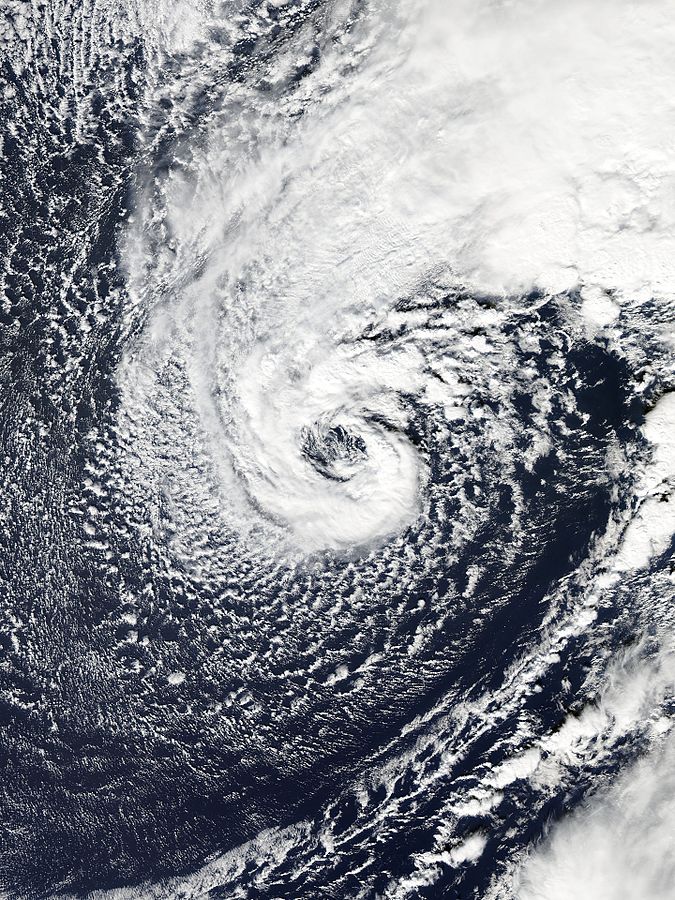
Hurricane season officially begins on June 1 and ends on Nov. 30, but that doesn't bar the swirling storms from whipping up at other times of the year. Take Hurricane Alex, the oddball January hurricane that took shape in the Atlantic Ocean on Jan. 14, 2016. It marked the first January hurricane since 1938. Shown here, the precursor to Hurricane Alex — a non-tropical weather system that began Jan. 6 birthed a so-called occluded front.
Read on to see images of this year's stunning tropical storms and hurricanes.
Hurricane Alex
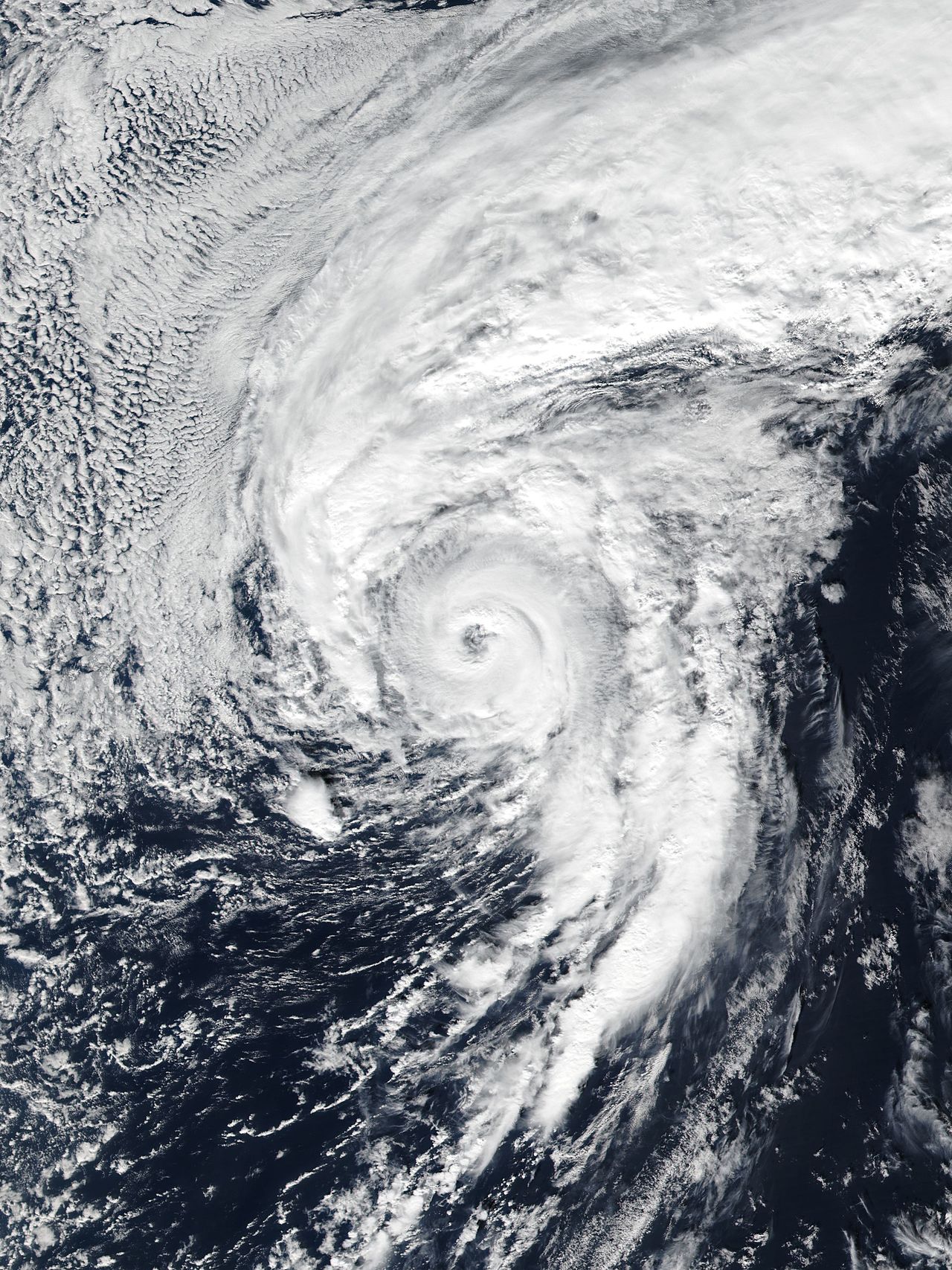
On Jan. 13, 2016, Hurricane Alex, the first of this year, formed over the central Atlantic. Alex is only the fourth known tropical cyclone to form in the month of January. According to NASA, Hurricane Alex is also distinguished because it is just the second hurricane to form so far north and east in the Atlantic.
Tropical Storm Bonnie
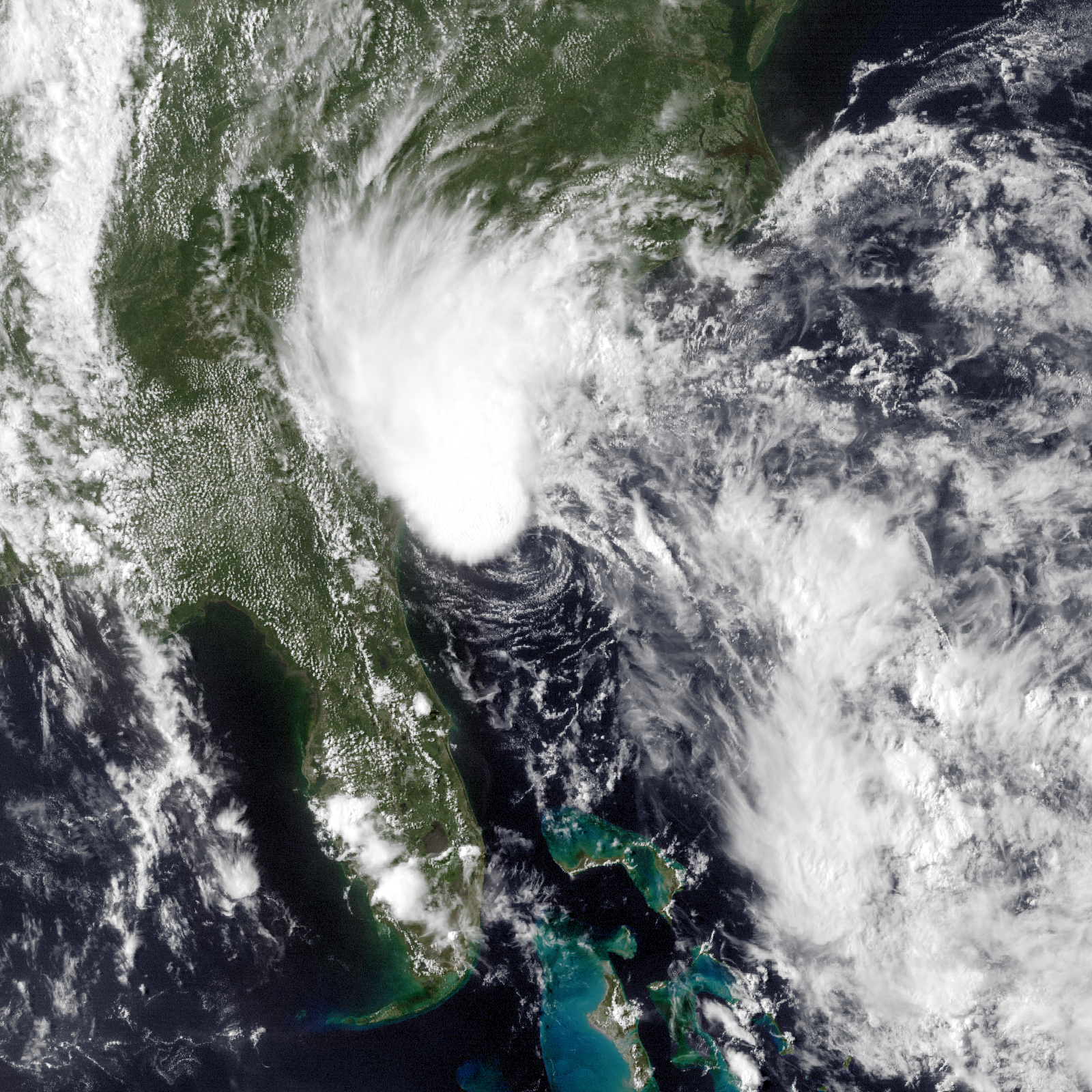
Tropical Storm Bonnie formed on May 27, 2016, and made landfall near Charleston, South Carolina, May 29. This storm was also in the books well before the official start of the 2016 hurricane season.
From number three to Colin
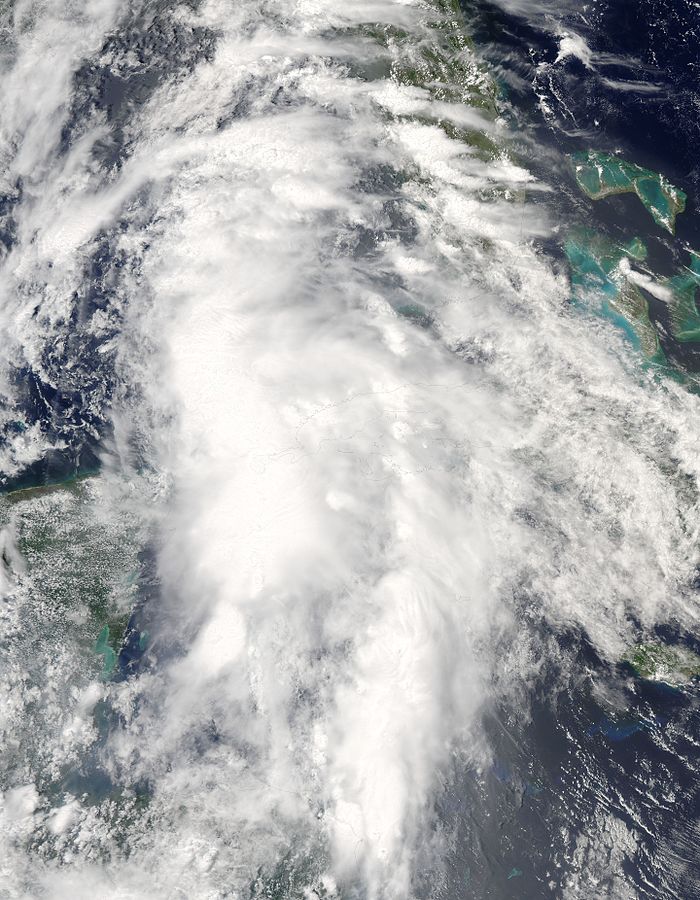
Tropical Depression Three formed off the Yucatán Peninsula on June 5, 2016, leading to authorities issuing a warning to Florida's west coast.
Tropical Storm Colin
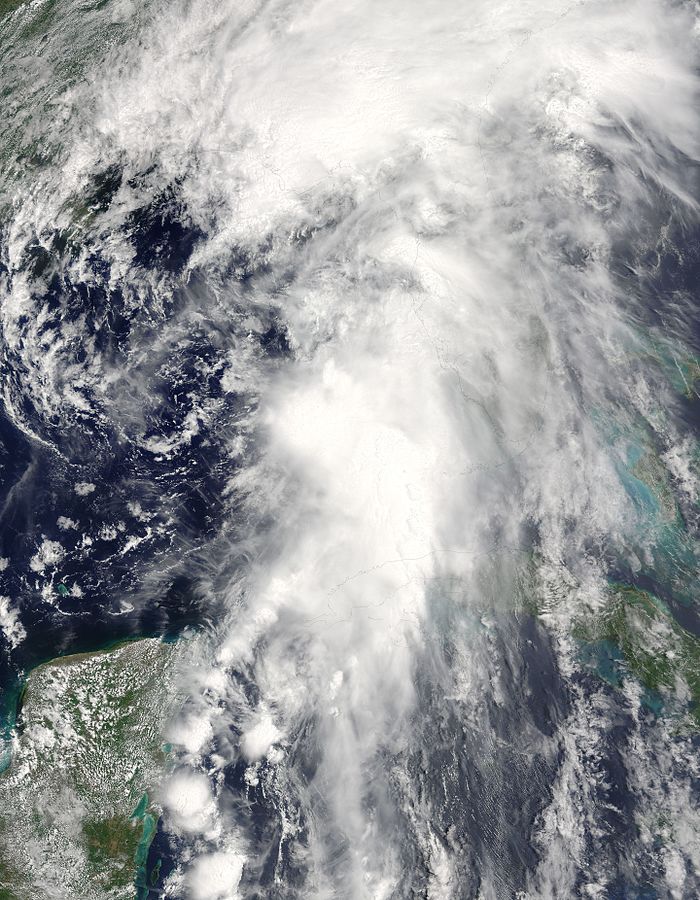
From Tropical Depression Three, the first storm of the official 2016 Hurricane season — Colin — took shape. The Moderate Resolution Imaging Spectroradiometer (MODIS) aboard NASA's Aqua satellite captured this image of Colin as it developed over the Gulf of Mexico.
Tropical Storm Danielle
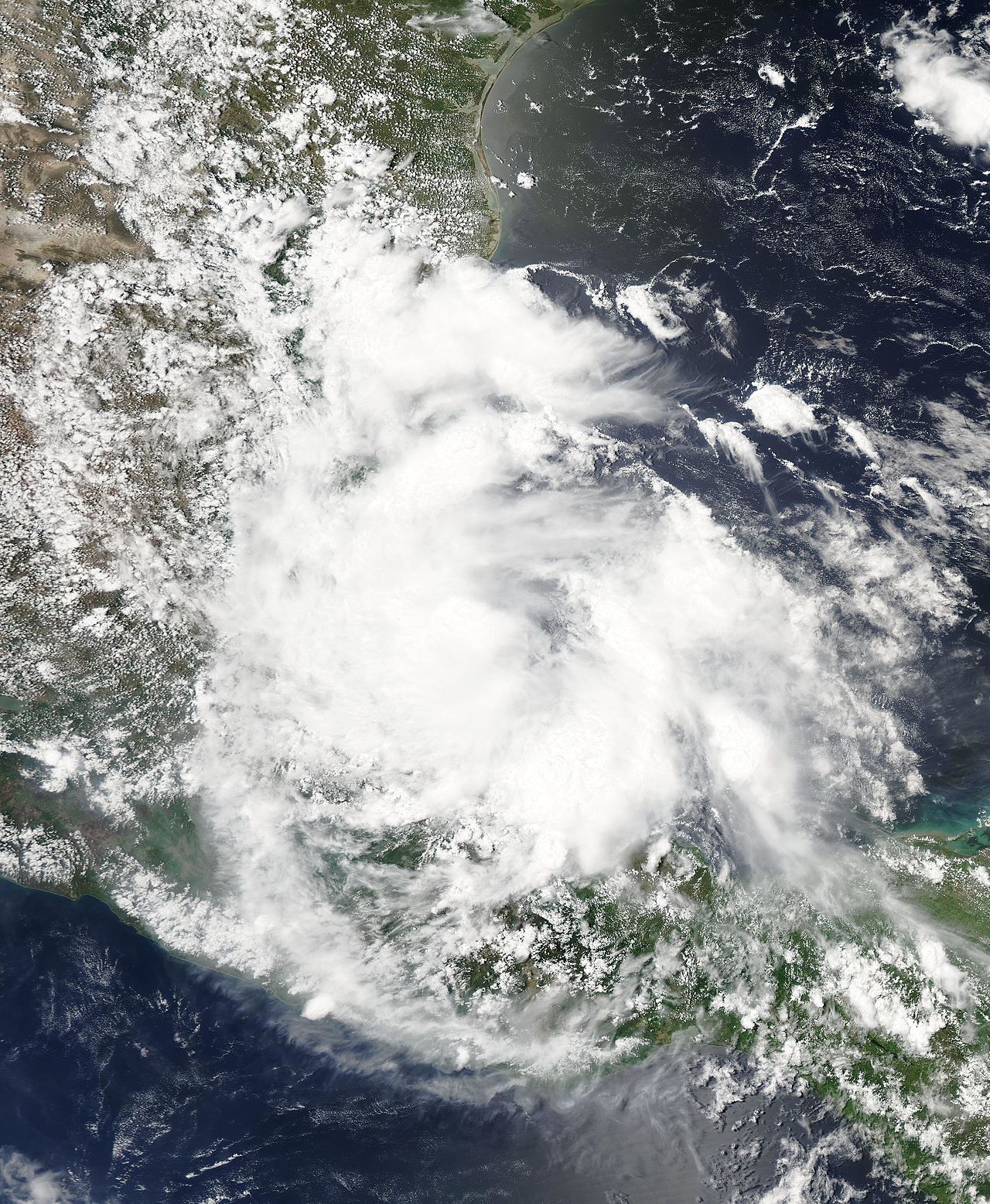
After moving off the Yucatán Peninsula, a tropical weather system unexpectedly developed into Tropical Storm Danielle. The storm holds the title of the earliest recorded formation of the fourth named storm in the Atlantic basin, according to NASA.
Sign up for the Live Science daily newsletter now
Get the world’s most fascinating discoveries delivered straight to your inbox.
Pre-Earl
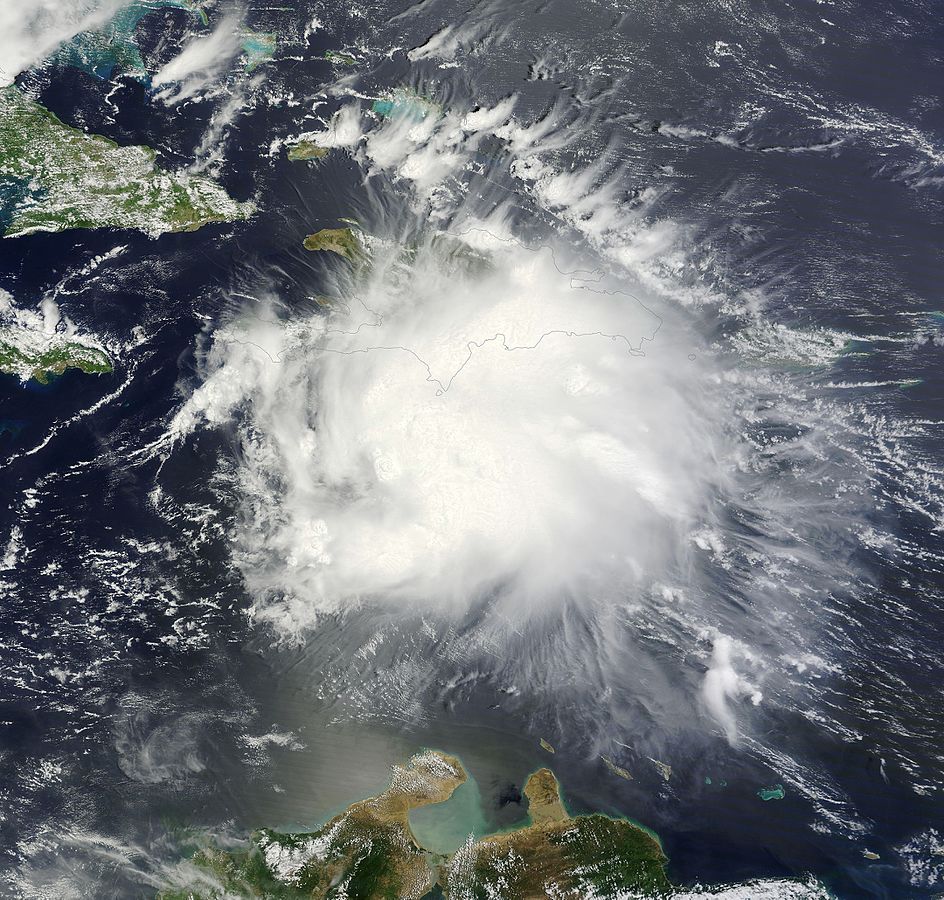
The Dominican Republic was doused by rain and pummeled by winds from the storm that developed into the fifth hurricane of the 2016 season. The storm is seen here in a true-color satellite image snapped on Aug. 1.
Hurricane Earl
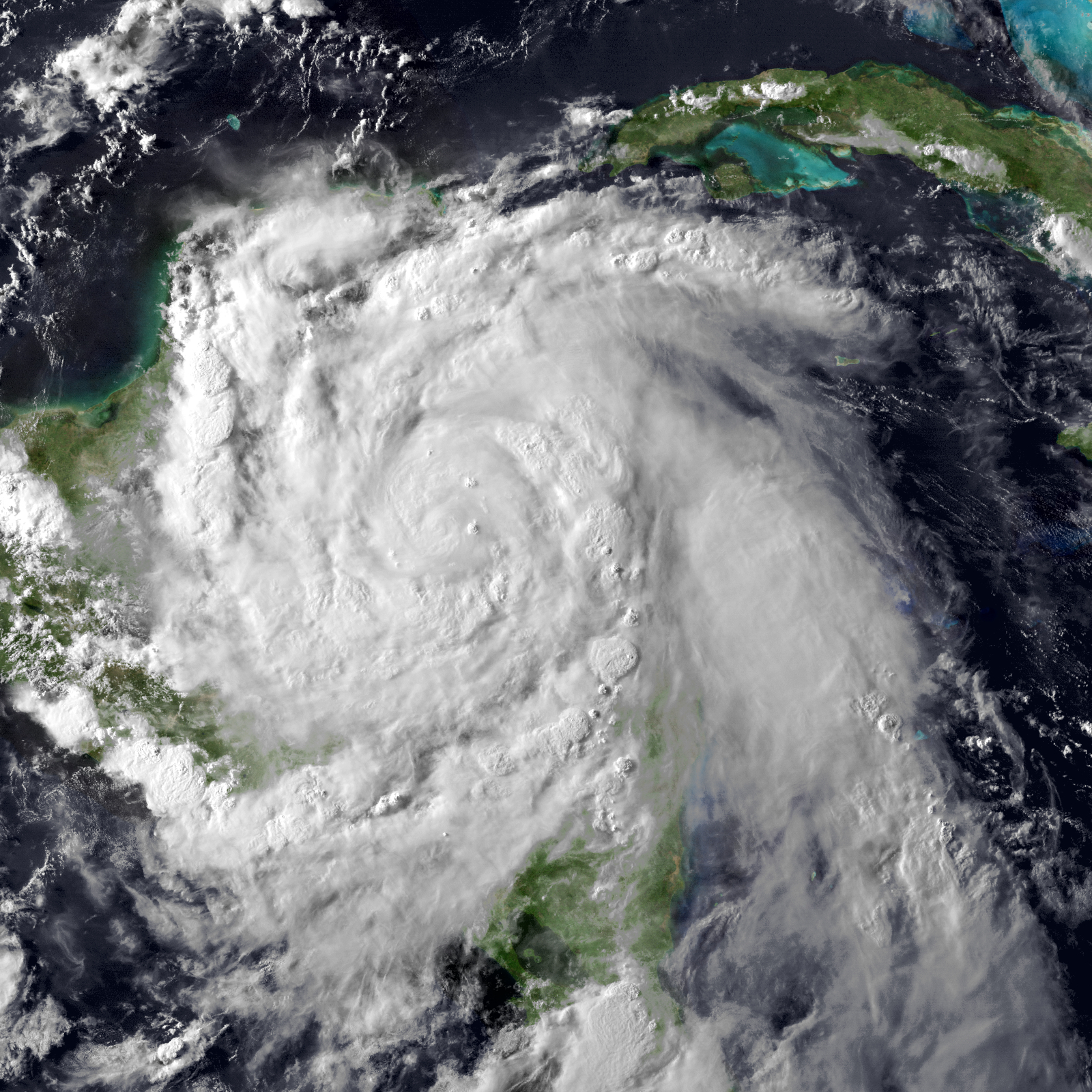
Hurricane Earl made landfall on Aug. 4, southwest of Belize City, Belize, and again on Aug. 6, south of Veracruz, Veracruz, with winds measuring 60 mph (97 km/h). The hurricane is just approaching Belize in this image taken on Aug. 3, when it was upgraded to hurricane status.
Tropical Storm Fiona
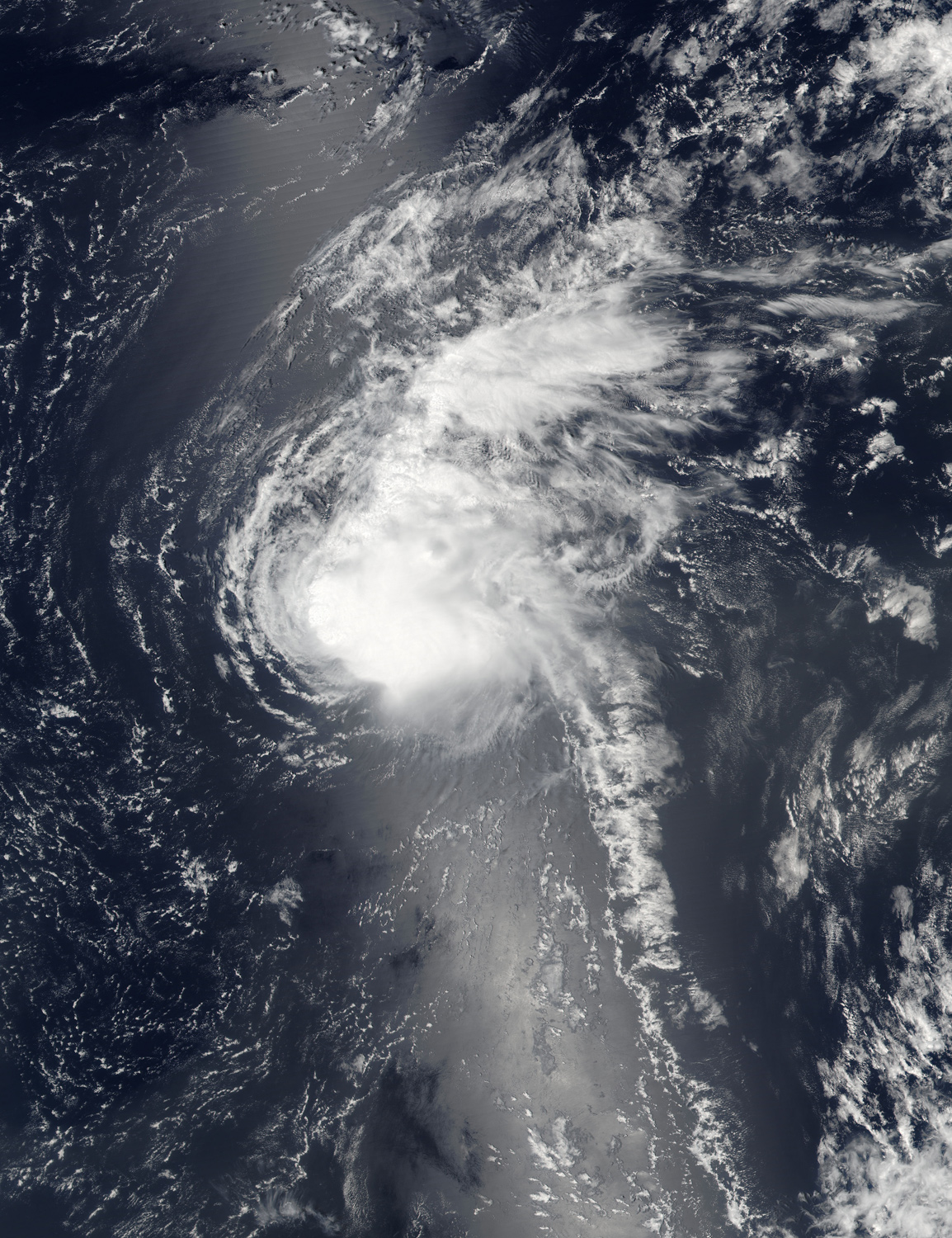
Off the western coast of Africa, a tropical wave began to develop and organized into a tropical depression that morphed into Tropical Storm Fiona on Aug. 17, 2016. A satellite captured this image of Fiona on Aug. 20, as it swirled above the central Atlantic Ocean.
Hurricane Gaston
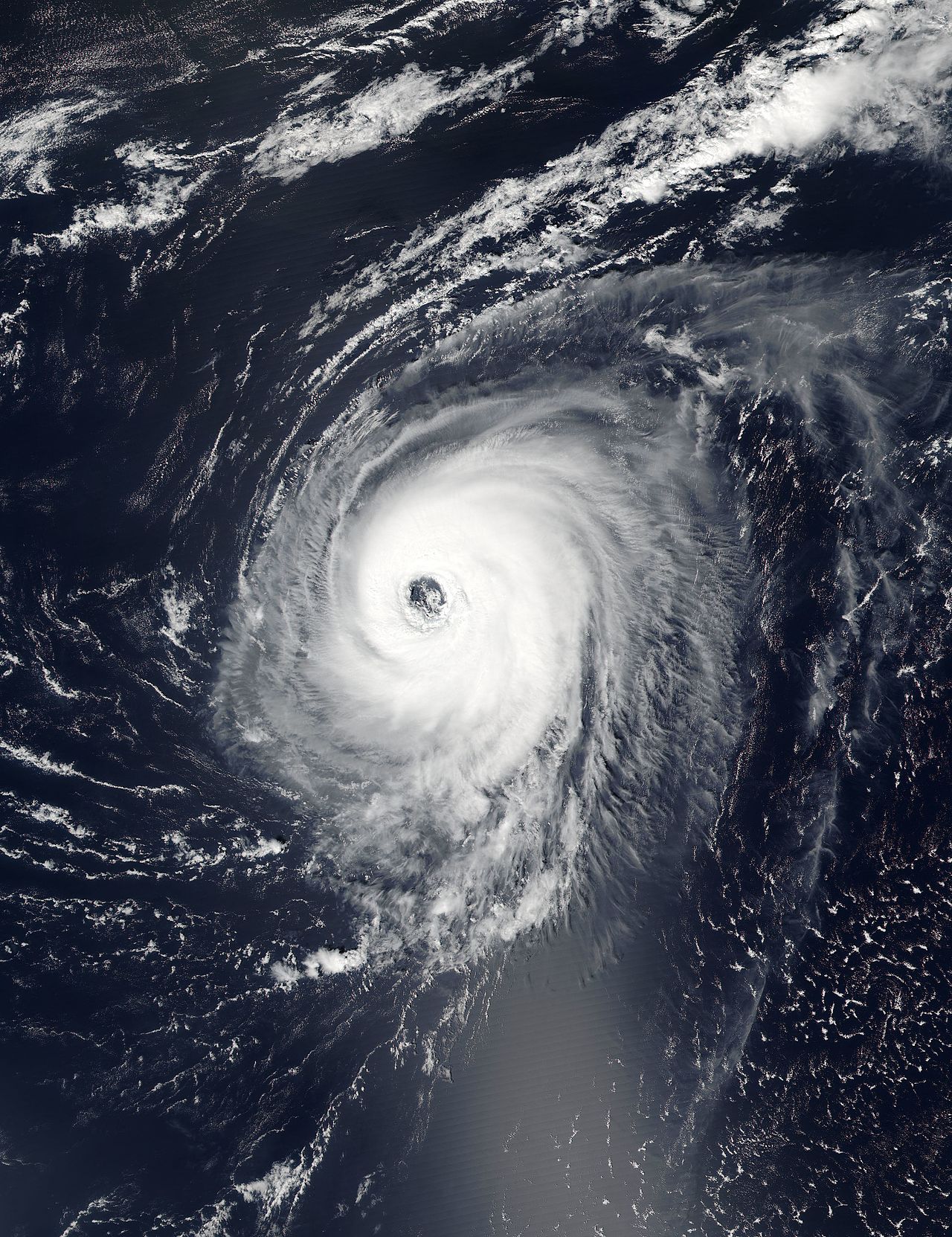
In five short days, a tropical wave off the coast of Africa developed into Hurricane Gaston, a category 3 hurricane on the Saffir-Simpson Hurricane Wind Scale. The hurricane had dissipated by Sept. 3, according to The Weather Channel.
This image, from Aug. 30, 2016, was captured by the Visible Infrared Imaging Radiometer Suite (VIIRS) aboard the Suomi National Polar-Orbiting Partnership (SNPP) spacecraft.
Tropical Depression Eight
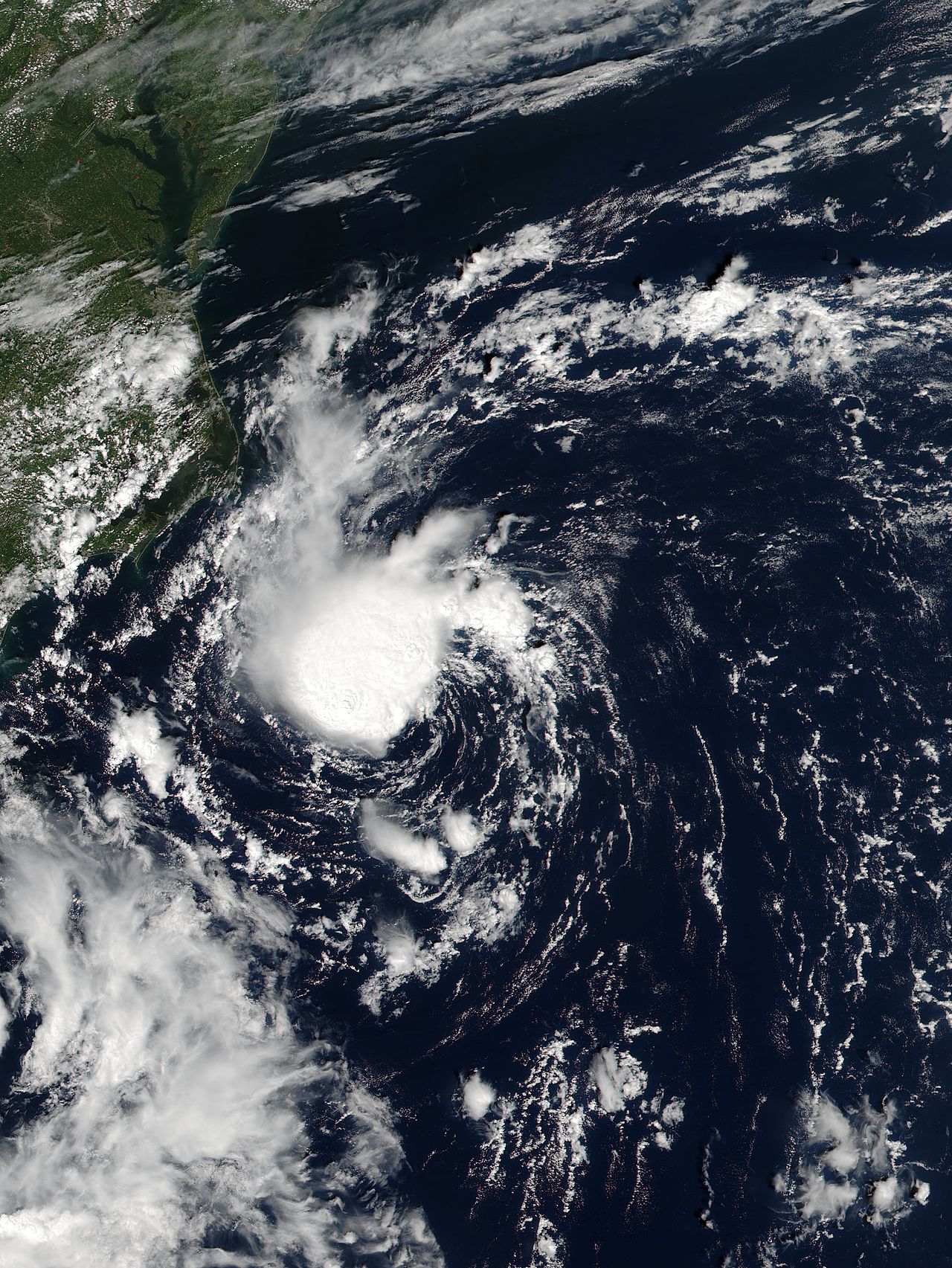
Near Bermuda, the remnants of Tropical Storm Fiona merged with a low-pressure area to eventually develop into Tropical Depression Eight, shown here on Aug. 29 as seen from the NPP satellite.










